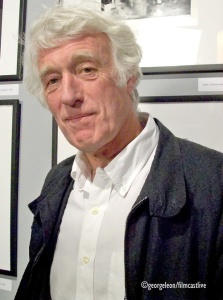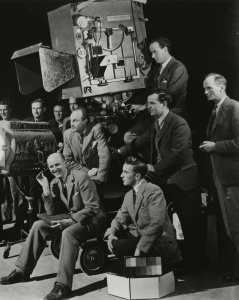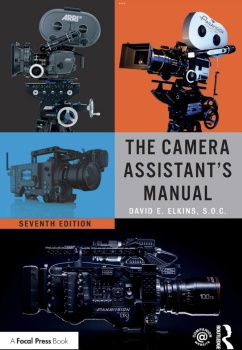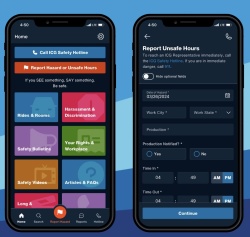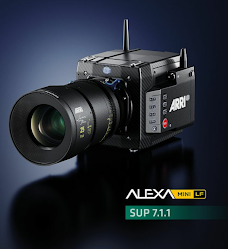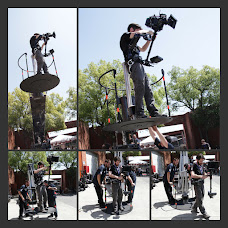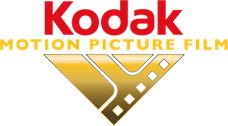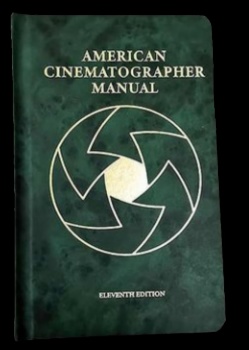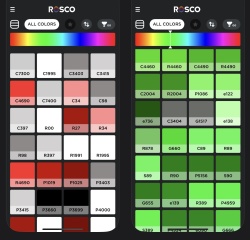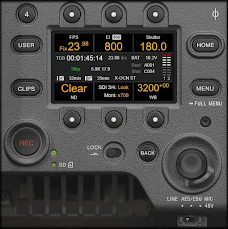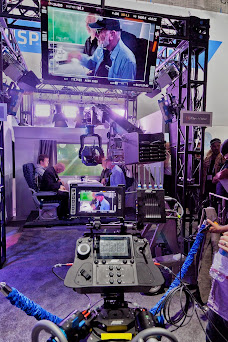Whether a 4K resolution camera is a marketing priority for Arri is still to be seen. Undoubtedly, the Alexa camera has proved itself to be a versatile 2K camera for feature film production, TV spot production and episodic television production in USA and the world over. Prior the advent of digital cinematography, Arri had already pioneered the concept of "one-stop-shop" in matter of production and workflow with the 6K/4K and 3K/2K Arriscan (negative film stock scanning) and their Academy award winner, Arrilaser (digital video to film) along with many other production tools and accessories, exceptional cine lenses and outstanding lighting fixtures, culminating with their latest iteration of the Alexa, the XT with Arriraw technology, anamorphic lenses, and new LED Fresnel lighting fixtures.
underwater and aerial work.
In a statement revealed by Franz Kraus, Arri's Managing Director about the impending future of the evolution of 4K HD technology posted by the Hollywood Reporter early this month. “What annoys me, more than being asked about whether we are launching a 4K camera, is that at trade shows, HD quality is often being dumbed down, or not presented to its optimum quality, in order to make Ultra HD 4K look good,” Kraus said. “This is a bad trick, because consumers will buy 4K displays based on the false expectation that the image is really that superior to HD.”
Kraus continues, “The perception of picture quality has a lot to do with the physical performance of the display. For example, a 2K image displayed on an HD OLED monitor looks incredible because the active light source shows far higher contrast ratios in the picture.” I think, Kraus is referring here to the false perception given by manufacturers while in their presentation booths to the general consumer and the uninitiated that is attending to digital cinema trade shows in record numbers.
Referring to the Alexa and his company position regarding 4K digital cinematography, Kraus added “We are working on technology that will offer a higher spatial resolution but also pushing hard in terms of a higher temporal resolution, without sacrificing the dynamic range we can already deliver. We don't want to produce one camera that has high contrast and another with high detail.” “I believe, NHK has done quite a good job in developing Super Hi-Vision [an 8K format] at 120fps so it is possible to capture the finest detail in motion without decaying the image”.
Klaus continued adding, "If you produce very high resolution images with no motion blur, it is then possible to apply extremely efficient compression technology, so in distribution you end up with decent data rates. The problem is transporting and processing the massive amount of data from the camera and throughout post.” Nor is there a need to remain wedded to a 35mm-size sensor, which is used with numerous existing digital cinema cameras. “With a larger sensor you can use 35mm cine lenses and need only expose a smaller portion of the image, but you can capture more information through the lens. There are so many options, but none of them come for free.”
"The Alexa camera concept had initially included a 4K-plus sensor version to be launched approximately one year after the introduction of the first Alexa. But the outcome of an intensive feasibility study more than two years ago showed that we would sacrifice dynamic range for resolution, so we decided not to proceed,” he explained.
He concluded, “There are products and companies leaning more toward spatial resolution. This offering was available already, so we chose to go for greater dynamic range rather than detail at that time. We believe that the most distinctive image characteristic is contrast, and after that it is really a question of whether we need to increase temporal resolution if we aim for higher spatial resolution than 2K".
In a nut shell, the Arri Group has demonstrated once again their progressive business model manufacturing products and technology in which quality and functionality are more important than just marketing hype. In Arri's web site and Alexa's Frequently Asked Questions page published several months ago, you can find a similar disclaimer as given by Klaus about the Alexa 4K.
Will there be a 4K ALEXA?
"At ARRI we focus on providing the best image quality for cinematographers and high-end features, together with an efficient workflow. Achieving the highest K figure is of less importance. ALEXA's 3.5K sensor with its high sensitivity and wide exposure latitude produces gorgeous, cinematic images. Given that 4K digital workflows are still in their infancy, and that for the foreseeable future most productions will finish in 2K or HD, ALEXA is the perfect choice for theatrical features as well as television productions. Furthermore, the ascendance of 3D has resulted in a doubling of image data volumes which further complicates the effective storage, processing and movement of such data. So, for the foreseeable future, ALEXA is ideally suited for 2K or HD workflows in 2D and 3D".
Arri Group












